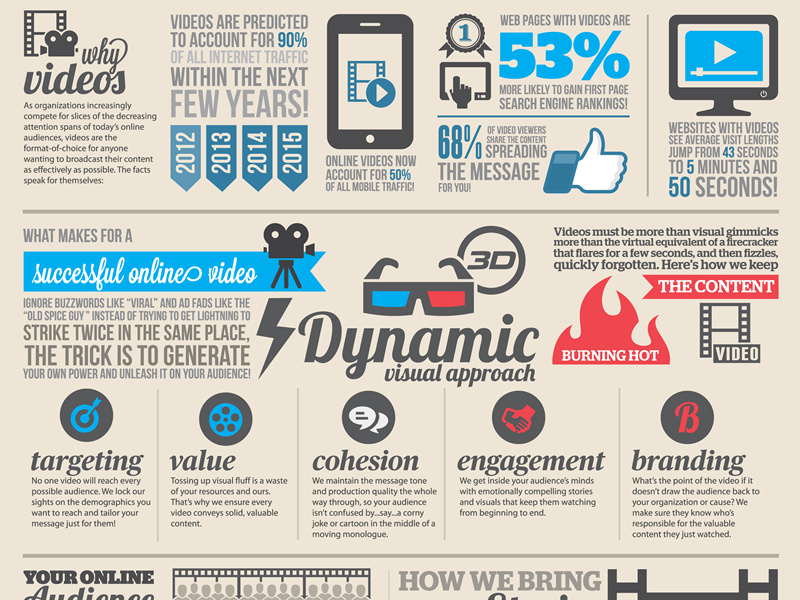From Scatological Data To Engaging Podcast: The Power Of AI Digestion

Table of Contents
Unlocking Insights from "Dirty Data": The Potential of Scatological Analysis
The very term "scatological data" might seem off-putting, but the information contained within stool samples holds immense potential. AI digestion is proving crucial in unlocking these hidden insights.
Beyond the Toilet: Applications of Scatological Data Analysis
Analyzing stool samples, specifically through microbiome analysis, offers a window into our gut health, a critical factor impacting overall well-being. This analysis goes far beyond simple diagnostics.
- Personalized Medicine: Microbiome analysis can identify specific bacteria linked to various conditions, informing personalized treatment plans.
- Dietary Recommendations: By analyzing the composition of gut microbiota, we can tailor dietary advice for optimal health and digestive function.
- Environmental Monitoring: Analyzing wastewater samples for microbial indicators can provide valuable data on public health and environmental pollution.
Traditional scatological data analysis, however, is challenging. Manually interpreting the vast amount of information within a sample is time-consuming, prone to human error, and often lacks the depth of analysis achievable with AI. AI digestion, on the other hand, can process massive datasets efficiently and identify subtle patterns invisible to the human eye.
The Role of AI in Data Digestion: From Raw Data to Meaningful Insights
AI plays a crucial role in transforming raw, often messy data into meaningful insights. Its power lies in its ability to process and analyze vast amounts of complex information efficiently and accurately.
AI Algorithms and Data Processing
Several AI algorithms are instrumental in data digestion:
- Machine Learning: Machine learning algorithms identify patterns and relationships within the data, enabling predictive modeling for personalized medicine or environmental risk assessment.
- Deep Learning: Deep learning models can analyze complex datasets with high dimensionality, uncovering intricate relationships within scatological data, for instance, connecting specific gut bacteria to particular health outcomes.
AI's capacity to efficiently handle big data analysis is crucial for processing the massive volume of information inherent in scatological and other complex datasets.
Data Cleaning and Preprocessing: Preparing Data for AI Digestion
Before AI can perform its magic, the data must be meticulously cleaned and preprocessed. This crucial step ensures the accuracy and reliability of the subsequent analysis.
- Data Cleaning: This involves handling missing values, correcting errors, and removing inconsistencies to ensure data integrity.
- Data Preprocessing: This includes transforming the data into a format suitable for AI algorithms, which might involve scaling, normalization, or feature engineering. These steps are vital for achieving meaningful results.
High-quality data is fundamental for successful AI digestion, guaranteeing the reliability and accuracy of the insights generated.
Transforming Insights into Engaging Podcast Content: From Data to Storytelling
The real power of AI digestion lies in its ability to translate complex data into compelling narratives. This is where the potential for engaging podcast content emerges.
Identifying Key Themes and Narratives
AI can analyze the processed data, identifying trends and patterns that translate into engaging podcast storylines:
- Trend Identification: AI algorithms can pinpoint recurring themes within a dataset, for example, identifying specific dietary factors associated with improved gut health.
- Narrative Building: Tools like natural language processing (NLP) can help structure the data into coherent narratives, forming the basis for compelling podcast episodes.
Tools that combine AI-powered data analysis with content creation capabilities are accelerating this process.
Creating Compelling Narratives and Engaging Content
Data-driven insights inform the creation of captivating podcast episodes:
- Expert Interviews: AI can help identify relevant experts to interview based on the data analysis, enriching the podcast's informational value.
- Case Studies: Data insights can be presented through compelling case studies, showcasing the practical implications of the findings.
- Data Visualization: Visually representing data findings through graphs and charts makes the information more accessible and engaging for listeners.
By incorporating these elements, podcasts created through AI digestion are informative, engaging, and relevant, maximizing listener interest and engagement.
Conclusion
AI digestion offers a revolutionary approach to data analysis, unlocking valuable insights from previously untapped sources like scatological data. This process transforms complex information into actionable knowledge, applicable in various fields, including the creation of engaging and informative podcasts. From personalized medicine to environmental monitoring, the potential applications are vast. Start exploring the power of AI digestion today! Discover how you can transform your own "dirty data" into valuable insights and engaging content. Unlock the potential of AI to create compelling podcasts and other media from unexpected data sources.

Featured Posts
-
 Knicks Near Miss In Overtime A Look At What Could Have Been
May 15, 2025
Knicks Near Miss In Overtime A Look At What Could Have Been
May 15, 2025 -
 Trump Officials Push Back Against Rfk Jr S Pesticide Criticism
May 15, 2025
Trump Officials Push Back Against Rfk Jr S Pesticide Criticism
May 15, 2025 -
 Boston Celtics Playoff Stumble Game 1 Loss To Knicks
May 15, 2025
Boston Celtics Playoff Stumble Game 1 Loss To Knicks
May 15, 2025 -
 Pagkypria Sygkritiki Timon Kaysimon Poy Tha Breite Tis Xamiloteres Times
May 15, 2025
Pagkypria Sygkritiki Timon Kaysimon Poy Tha Breite Tis Xamiloteres Times
May 15, 2025 -
 Understanding Elon Musks X To Gorklon Rust Name Change
May 15, 2025
Understanding Elon Musks X To Gorklon Rust Name Change
May 15, 2025
